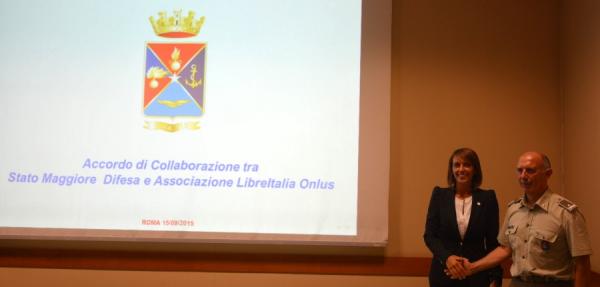FSFE elects new top officials
 Matthias Kirschner and Alessandro Rubini are the new President and Vice-President respectively of the Free Software Foundation Europe (FSFE). They were elected last week in Bucharest during FSFE’s General Assembly, while Reinhard Müller was re-elected as Financial Officer. They will serve FSFE in those capacities for the next 2 years.
Matthias Kirschner and Alessandro Rubini are the new President and Vice-President respectively of the Free Software Foundation Europe (FSFE). They were elected last week in Bucharest during FSFE’s General Assembly, while Reinhard Müller was re-elected as Financial Officer. They will serve FSFE in those capacities for the next 2 years.
Matthias Kirschner has been an FSFE employee since 2009. He started using GNU/Linux in 1999 and realised that software is deeply involved in all aspects of our lives. Matthias is convinced that this technology has to empower society rather than restrict it. While studying Political and Administrative Science, he convinced the FSFE to accept him as its first intern in 2004. Since then he has been helping other organisations, companies and governments to understand how they can benefit from Free Software and how those rights help to support freedom of speech, freedom of the press and privacy.
Alessandro Rubini is an electronic engineer and holds a Ph.D. in computer science. He was an early Linux adopter, installing Linux 0.99.14, is an active Free Software user and developer, and author of the book “Linux Device Drivers”. After his doctorate, he left the university as he did not want to just write academic papers and now works as an independent consultant in the industrial use of GNU/Linux, mainly on device drivers and embedded system as well as on micro-controllers and PCB design. Recently he has been working with CERN within the White Rabbit project, aimed at sub-nanosecond synchronisation of I/O cards. One reason he enjoys working with CERN is the organisation’s policy of releasing all their work as Free Software and Free Hardware.
Alessandro was previously a member of the Free Software Foundation Europe from 2001 to 2006 and recently rejoined. He felt that FSFE is the right place for positive and constructive discussions about Free Software.
“I am happy to welcome both Matthias and Alessandro to their new roles,” says Executive Director Jonas Öberg, “both have been instrumental in shaping the organisation into its current form and I look forward to the expertise they will bring as we go about empowering users to control technology.”
Reposted from Bristol Wireless.
 The idea of Software Freedom Day (SFD) is for everyone without a vested interest in proprietary software to unite and educate the world about the ideals of Software Freedom and the practical benefits of Free Software. August 28th 2004 was the first ever Software Freedom Day and was initiated group of FOSS believers – Matt Oquist, Henrik Omma and Phil Harper – with the idea of distributing
The idea of Software Freedom Day (SFD) is for everyone without a vested interest in proprietary software to unite and educate the world about the ideals of Software Freedom and the practical benefits of Free Software. August 28th 2004 was the first ever Software Freedom Day and was initiated group of FOSS believers – Matt Oquist, Henrik Omma and Phil Harper – with the idea of distributing 





